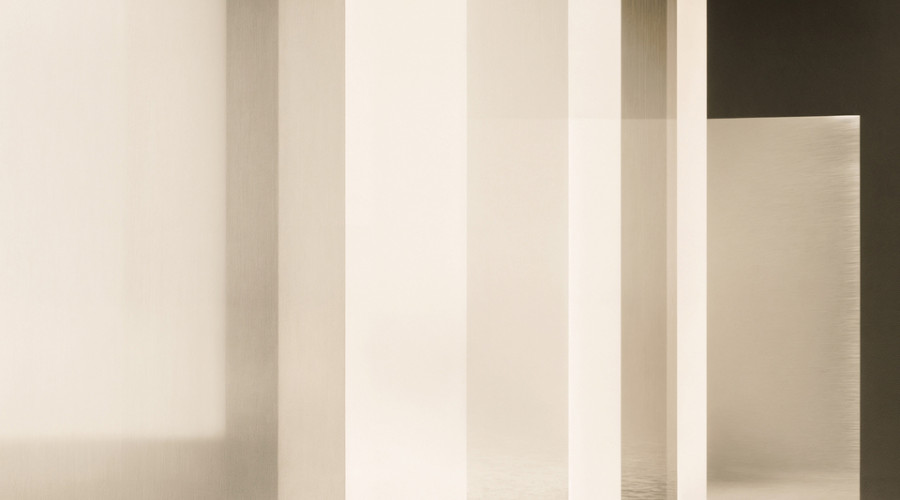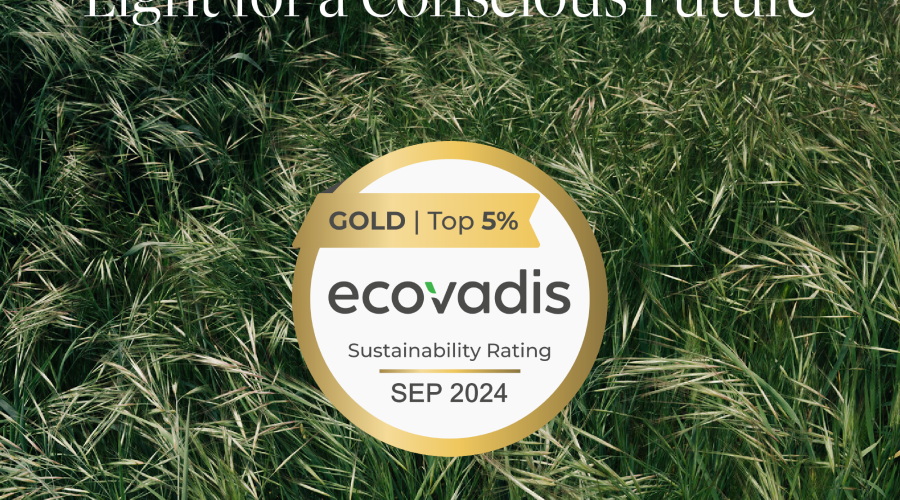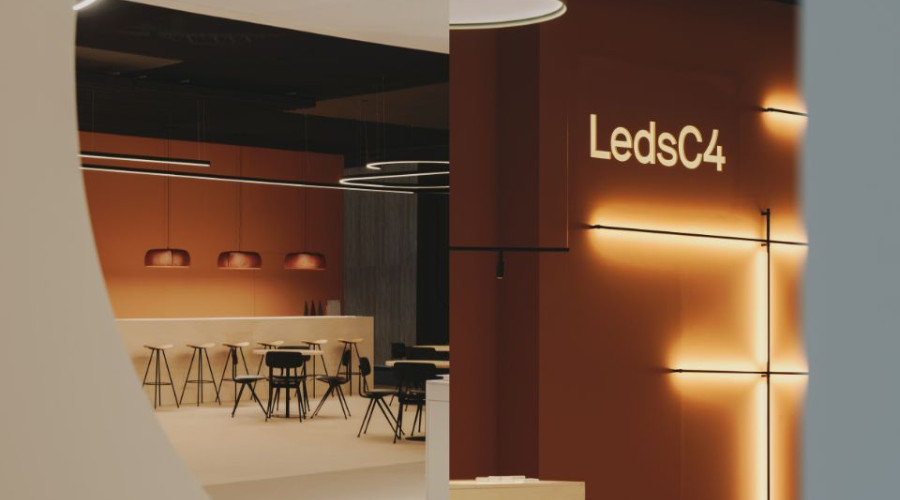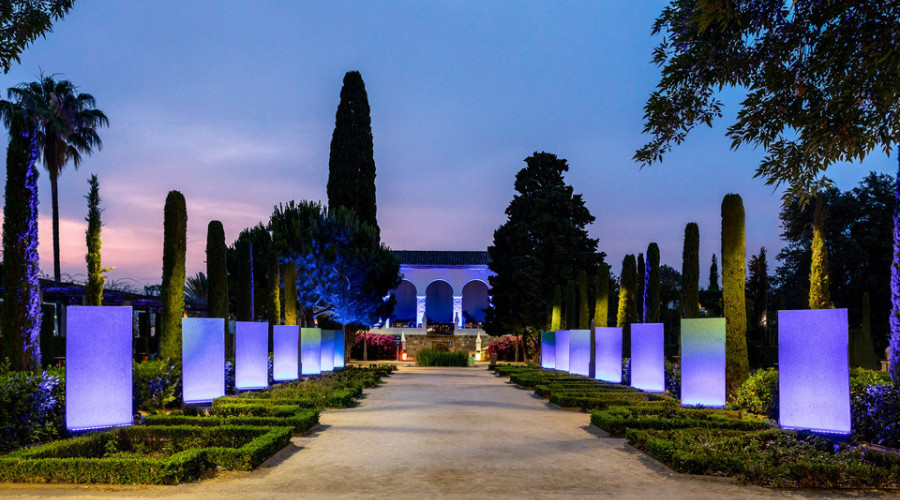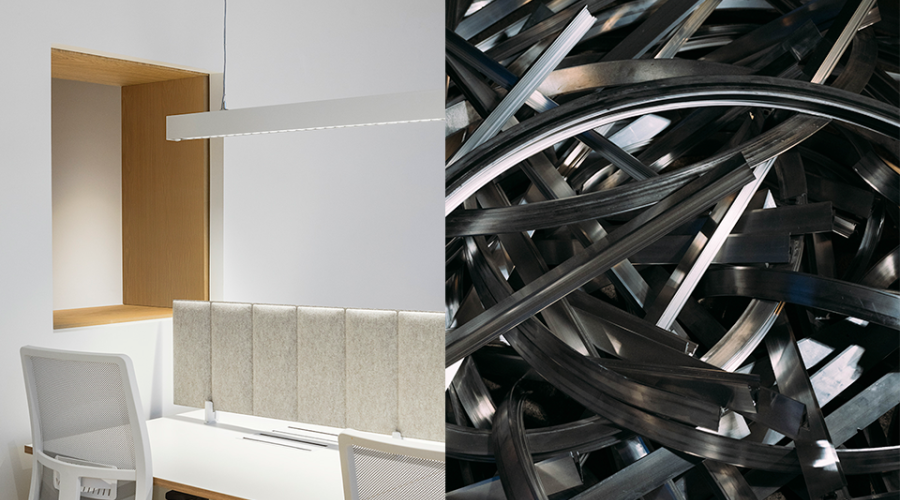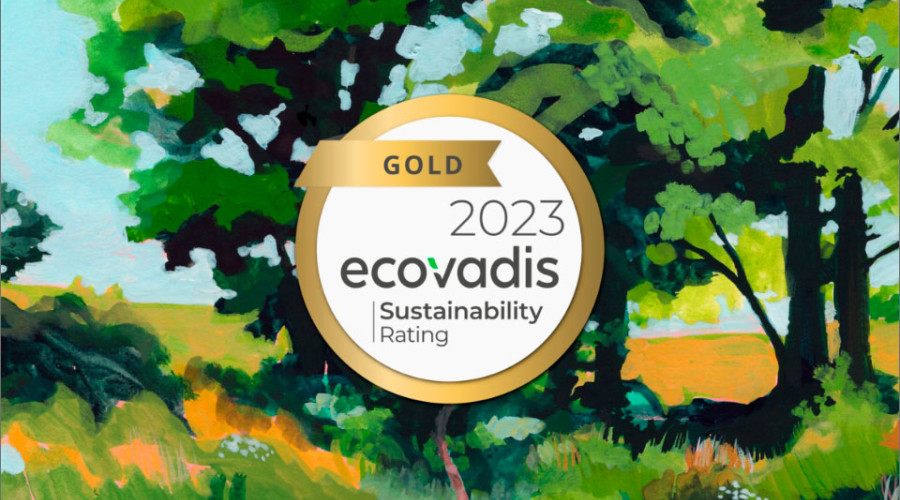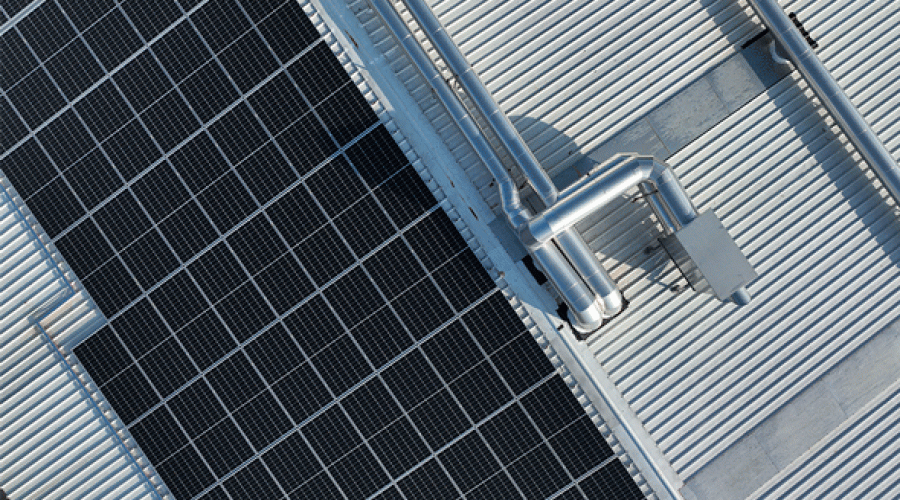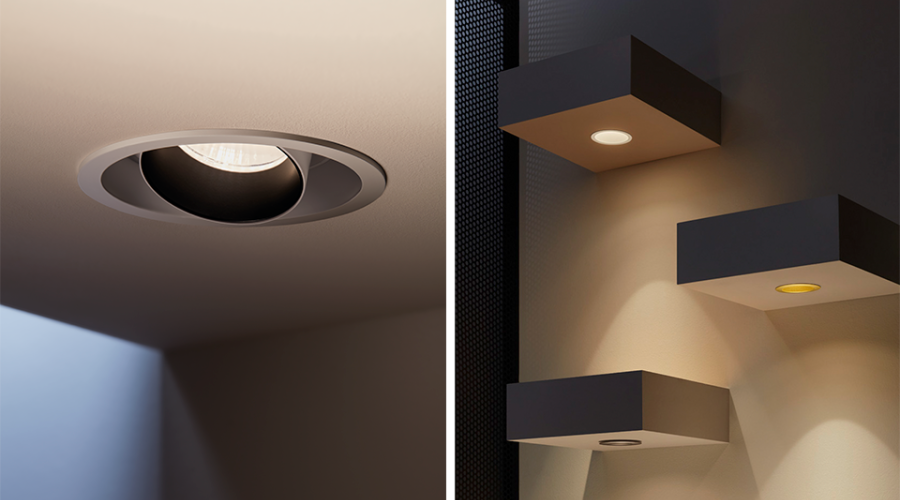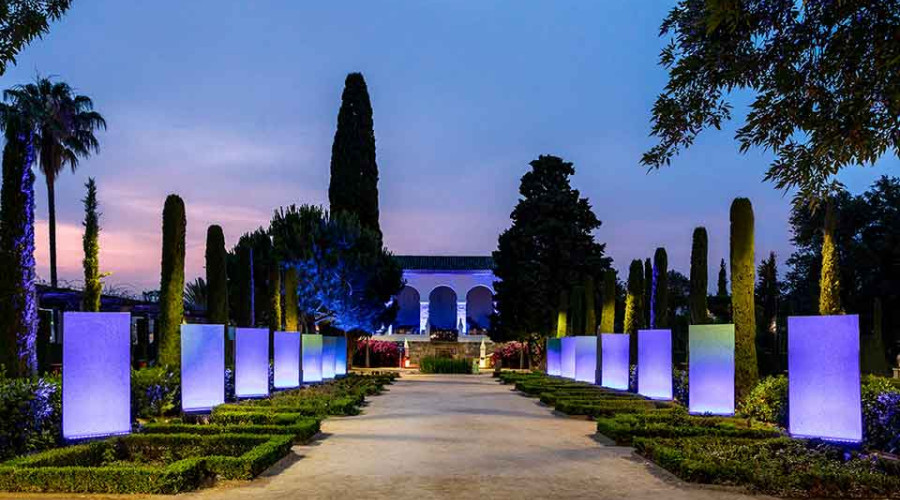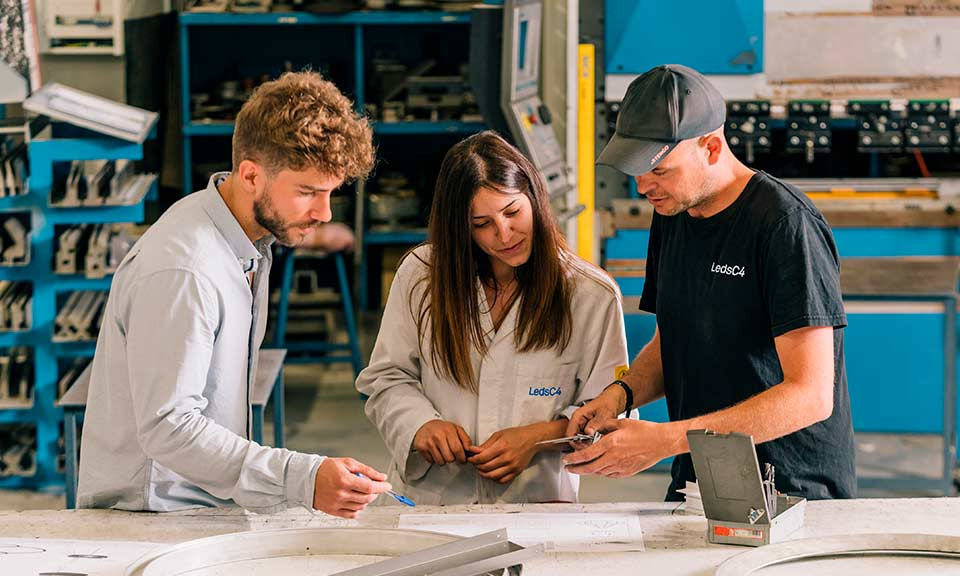
At LedsC4, we understand that sustainability begins with product design. For this reason, starting from the conceptualisation and design of the luminaire, we follow environmental considerations to minimise the impacts that may arise from the production and use of our luminaires. Additionally, we work to foster the circular economy and contribute to reducing indirect impacts throughout the product’s lifespan, as well as promote appropriate waste management practices.
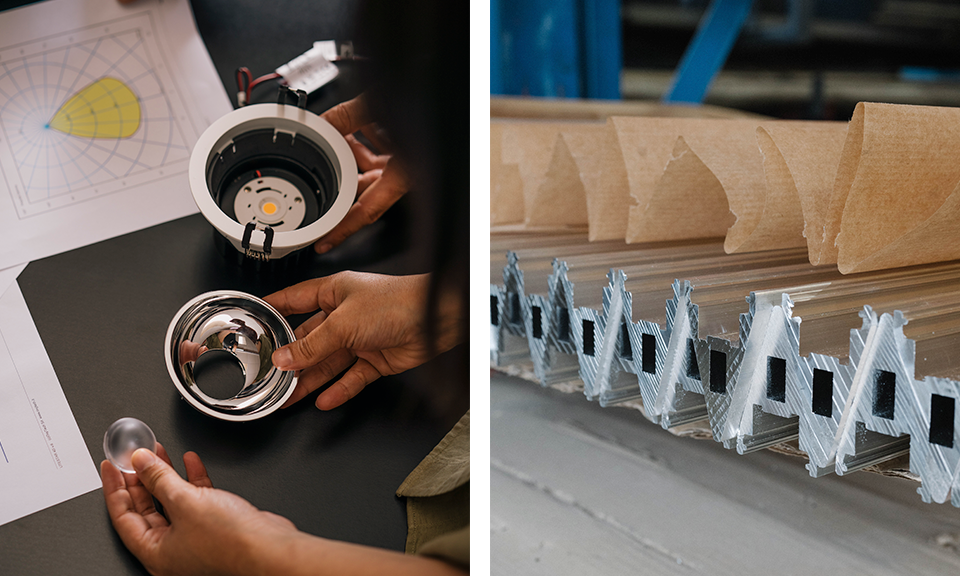
Putting sustainability at the forefront, we have defined the following ecodesign objectives:

1. Increase the number of dimmable luminaires in our catalogues:
Dimmable luminaires allow users to adjust light intensity, enabling them to regulate energy consumption, thanks to existing technologies. This not only reduces energy expenditure but also enhances user flexibility and comfort. Currently, 59.2% of our luminaires are already dimmable, and we are dedicated to maintaining this percentage.
2.Improve the efficiency of the LED used:
The efficiency of the LED modules we use significantly impacts energy consumption during the lifespan of our luminaires. At LedsC4, we prioritise this aspect and conduct thorough analyses to constantly improve the energy efficiency of our LEDs.
3. Design for longevity and to reduce waste generation:
We believe in the durability and longevity of our products. That’s why we have enhanced the design of our luminaires to facilitate the replacement of LED modules and control mechanisms. As of 2022, 99.87% of our catalogued products allow for control mechanism replacement, while 98.30% enable LED module replacement, thereby increasing the product’s lifespan and reducing waste generation.
4. Facilitate product disassembly for better recyclability:
Recognising the critical importance of proper waste management, we design our luminaires with ease of disassembly in mind. Currently, 90% of our luminaires can be readily disassembled. This feature not only allows for better recycling but also simplifies material segregation and classification, enabling appropriate recycling management for each component.
5. Increase the use of recyclable materials in product design:
At LedsC4, we have identified easily recyclable materials and based on that, will analyse the luminaires so that their main component is made of these materials. At present, the structure material of 79% of the catalogued luminaires is already easily recyclable.
6. Increase the use of low-carbon materials:
We prioritise the use of materials with low carbon emissions, thereby effectively reducing the environmental footprint of our luminaires. Our Circular range is now primarily composed of low-carbon aluminium. This means that the material is manufactured using renewable energy and a highly efficient electrolysis technology, emitting a quarter less CO₂ than the global average aluminium manufacturing process. In addition to the Circular collection, in 2023 both the Infinite Pro and Taglio di Luce collections will be manufactured using the same low-carbon aluminium.
7. Promote manufacturing using recycled materials:
Our goal at LedsC4 is for 20% of our catalogued luminaires to consist of recycled materials by 2026. We are actively working towards this objective, focusing on manufacturing the Infinite Pro and Infinite Slim families using recycled materials in 2023. Furthermore, we are excited to announce that in the upcoming year 2024, a new product line will be composed entirely of recycled materials.
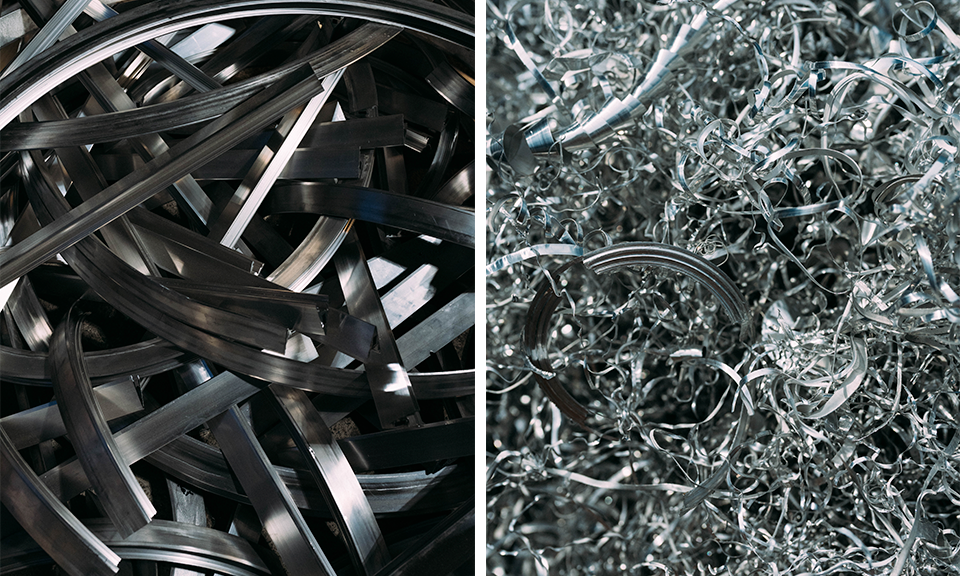
At LedsC4, we believe that sustainability is not merely an option, but a responsibility embedded within our company’s overall development strategy aimed at preserving our planet.
We are committed to caring for the environment and leading the way towards a more sustainable future. This commitment is ingrained not only in our products but also in our internal practices and supply chain management. We strive to promote transparency, social responsibility and respect at every step of our process. As we forge ahead, we will continue to overcome challenges and further push the boundaries of sustainability in the lighting industry.
